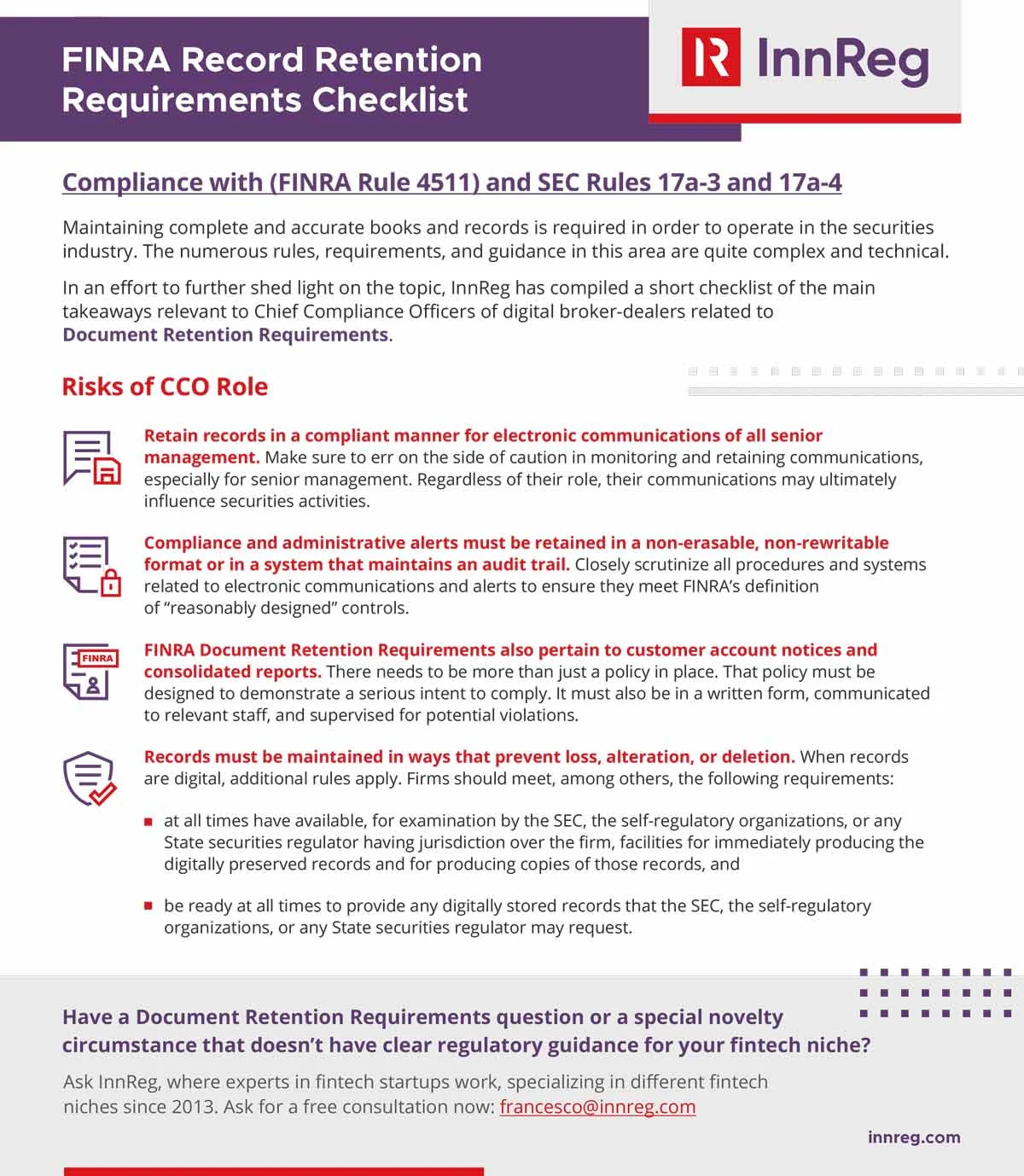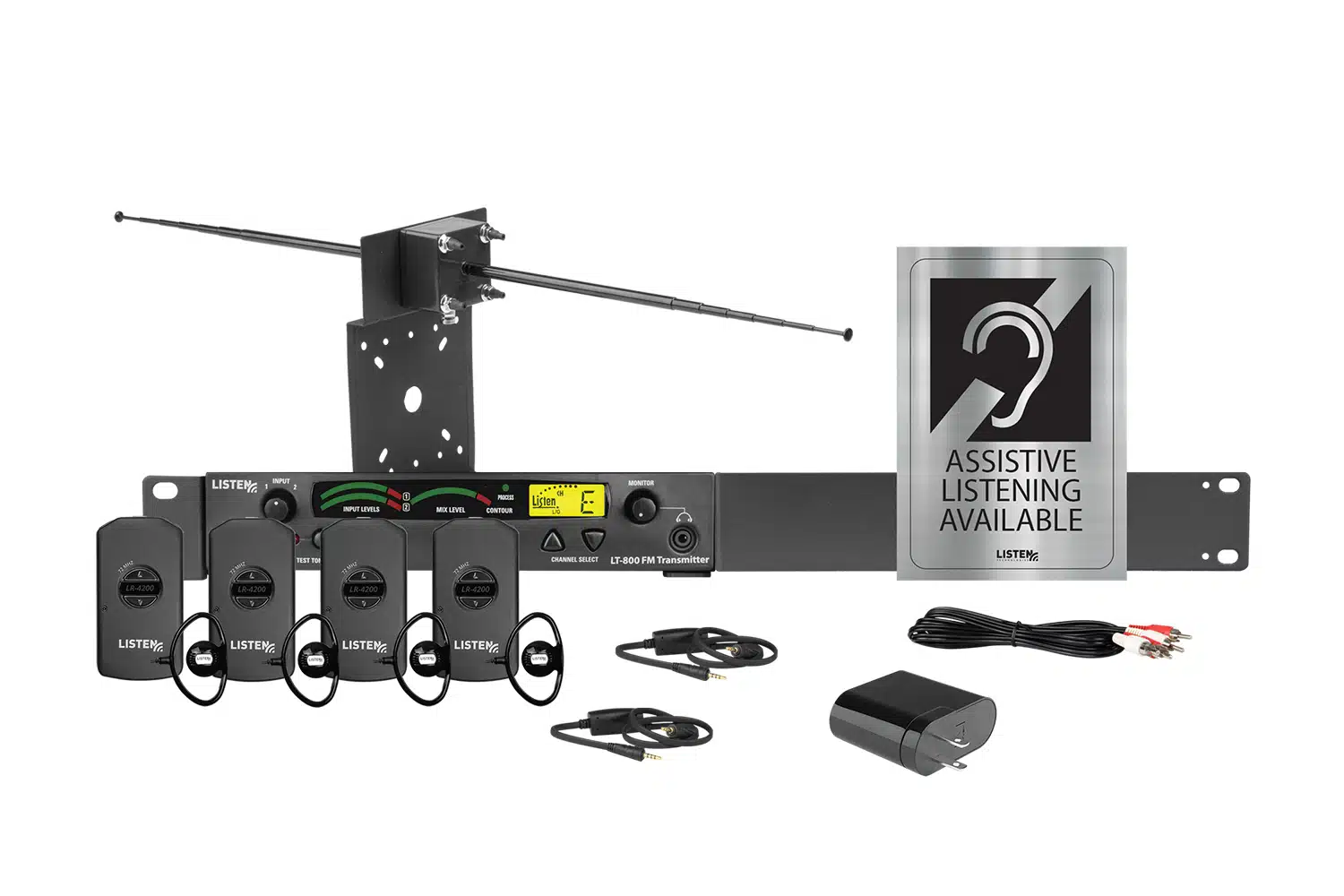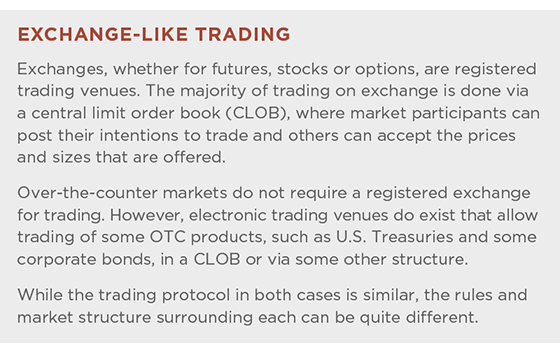Did you know that many day traders spend more time reading rules than they do trading? Understanding the SEC and FINRA trade reporting rules is crucial for any active trader looking to navigate the complex landscape of day trading. This article breaks down everything you need to know: from the specific reporting requirements imposed by the SEC and FINRA, to the penalties for non-compliance. We’ll cover how quickly you must report trades, what data is essential, and the differences in regulations for pattern day traders. Additionally, we'll explore how these rules shape your trading strategies, the equipment needed for compliance, and the impact on tax reporting. Whether you're a seasoned pro or just starting out, DayTradingBusiness provides the insights you need to stay compliant and optimize your trading activities.
What are SEC trade reporting rules for day traders?
SEC and FINRA require day traders to report their trades through the Pattern Day Trader (PDT) rule if they execute four or more day trades within five business days using a margin account. They must maintain a minimum equity of $25,000 in their trading account to continue day trading. All trades must be properly recorded and reported to the broker, who then reports them to FINRA and SEC. Accurate trade reporting ensures compliance with regulatory requirements and avoids account restrictions.
How does FINRA regulate trade reporting for active traders?
FINRA requires active traders to report their trades promptly through the TRACE system for fixed-income securities and via other designated channels for equities. Day traders must file real-time or near real-time trade reports, ensuring transparency and market integrity. FINRA enforces strict deadlines and accuracy standards, and non-compliance can lead to fines or sanctions. These rules help regulators monitor trading activity, prevent fraud, and maintain fair markets.
What trade data must day traders report to the SEC?
Day traders must report all executed trades of securities, including stocks, options, and ETFs, to the SEC through their broker-dealer. They need to ensure accurate reporting of trade details like price, volume, and time of execution. Additionally, day traders must comply with FINRA rules by maintaining detailed records of their trades for at least three years and submitting reports if required during audits or investigations. No specific separate SEC trade report exists for day traders; it’s handled through broker-dealer transaction reporting systems.
How quickly do day traders need to report trades under SEC rules?
Day traders must report their trades to FINRA within 10 seconds of execution.
What are the key FINRA reporting requirements for day trades?
FINRA requires day traders to report all executed trades within 10 seconds through the Consolidated Tape System (CTS). They must maintain accurate records of all trades, including time, price, and volume, for at least three years. Pattern day traders must also adhere to minimum equity requirements—$25,000—and report their pattern day trading activity to FINRA.
Are there specific reporting rules for pattern day traders?
Yes, pattern day traders must adhere to SEC and FINRA rules requiring them to report all trades promptly and accurately. They must also maintain minimum equity of $25,000 in their margin accounts and follow specific recordkeeping and reporting standards for compliance and audit purposes.
How do SEC and FINRA rules differ for trade reporting?

SEC rules require all broker-dealers to report trade details to a centralized trade reporting facility, focusing on transparency and market integrity. FINRA rules specify the timing and format for reporting, including real-time trade reporting for OTC and exchange-listed securities, and impose specific recordkeeping and supervision standards. While SEC rules set the overall transparency framework, FINRA enforces detailed reporting procedures and compliance for member firms.
What penalties exist for failing to report trades properly?
Failing to report trades properly can lead to fines from the SEC and FINRA, suspension of trading privileges, and regulatory investigations. You may also face disciplinary actions, including censures or bans from securities trading. In severe cases, penalties can include civil charges, monetary fines, or even criminal prosecution if misconduct is proven.
How do trade reporting rules impact day trading strategies?
Trade reporting rules from the SEC and FINRA require day traders to report certain transactions quickly, which increases transparency but also adds a layer of compliance. This can limit aggressive trading tactics by exposing position sizes and trading patterns in real-time. Traders might adjust strategies to avoid drawing attention or to stay within reporting thresholds. Accurate and prompt trade reporting can slow down some quick, high-frequency moves, pushing traders to refine timing and order placement. Overall, these rules encourage more disciplined, transparent trading while restricting some impulsive or overly risky strategies.
What equipment or systems are needed for compliance?

You need a real-time trade reporting system that can automatically transmit trade details to SEC and FINRA, such as a registered ATS or order management system. A robust compliance software that tracks trade timestamps, order modifications, and cancellations is essential. Proper record-keeping infrastructure, including secure electronic storage of trade logs, is required. Additionally, a designated compliance officer or team to monitor adherence to reporting rules is important. Lastly, staying updated with rule changes and maintaining ongoing staff training ensures ongoing compliance.
Are there exemptions for small-scale day traders?
Yes, small-scale day traders may qualify for exemptions under SEC and FINRA rules if they meet certain criteria, such as trading activity limits or account size thresholds, which can exempt them from some trade reporting requirements.
How does trade reporting affect tax reporting for day traders?
Trade reporting ensures all executed trades are documented accurately, which directly impacts tax reporting for day traders. It provides the detailed transaction data needed to calculate gains, losses, and income for IRS filings. Accurate trade reports help traders verify cost basis, holding periods, and wash sale rules, reducing errors and audit risk. Under SEC and FINRA rules, timely and complete trade reporting ensures transparency, making tax reporting straightforward and compliant.
Learn about How does tax reporting work for active day traders?
What are best practices for accurate trade reporting?
Use real-time reporting tools to submit trades promptly, adhere strictly to SEC and FINRA deadlines, and double-check data accuracy before submission. Maintain detailed records of each trade, including timestamps, prices, and order details. Use compliant formats like FIX or CTA-PRD for reporting. Regularly review updates to SEC and FINRA rules to ensure ongoing compliance. Implement robust internal controls to catch errors early, and train staff thoroughly on trade reporting requirements.
How do recent changes in SEC rules impact day traders?
Recent SEC and FINRA rule changes require day traders to report their trades more promptly and accurately. They must now adhere to stricter trade reporting deadlines, which increases compliance pressure. These rules aim to improve market transparency but also add administrative burdens, making it riskier for unprepared traders. Accurate, real-time trade reporting becomes essential to avoid penalties. Overall, day traders face tighter regulations, demanding better record-keeping and faster reporting systems.
Learn about How Do SEC Rules Impact Day Trading?
What should new day traders know about trade reporting obligations?
New day traders must report all executed trades promptly to FINRA and the SEC, usually within 10 seconds for most securities. They need to understand that accurate trade reporting is mandatory to comply with SEC and FINRA regulations, ensuring transparency and market integrity. Failing to report trades correctly can lead to penalties, fines, or even account restrictions. Keep detailed records of all trades, including time, price, and volume, as regulators may review these if issues arise. Using approved trading platforms automatically reports most trades, but traders must verify that their broker complies with all reporting deadlines.
Learn about What Should Day Traders Know About Regulatory Changes?
How do trade reporting rules apply to futures and options trading?

Futures and options trading are primarily regulated by the CFTC and exchanges, which set their own trade reporting rules. For day traders, SEC and FINRA rules mainly impact equities, not futures or options. However, if futures or options are traded on SEC-registered platforms or involve securities, then SEC rules require timely reporting of trade data. FINRA enforces trade reporting for securities trades, ensuring transparency and market integrity. Overall, futures and options trade reporting follow CFTC and exchange rules, with SEC and FINRA rules primarily governing securities trading.
Conclusion about SEC and FINRA Rules on Trade Reporting for Day Traders
In summary, understanding the SEC and FINRA trade reporting rules is crucial for day traders to ensure compliance and avoid penalties. Accurate reporting not only safeguards against regulatory issues but also enhances trading strategies and tax reporting. For those navigating these complexities, leveraging resources from DayTradingBusiness can provide valuable insights and support for effective trade management.
Learn about Compliance Checklist for Day Traders Under SEC & FINRA Rules
Sources:
- 1 Supporting Statement for the Treasury Securities and Agency Debt ...
- The Fed - Principal Trading Firm Activity in Treasury Cash Markets
- The Fed - Unlocking the Treasury Market through TRACE
- FR 2956, Reporting Treasury Securities and Agency Debt and ...
- The Fed - Quantifying Treasury Cash-Futures Basis Trades
- Reporting Treasury Securities and Agency Debt and Mortgage ...